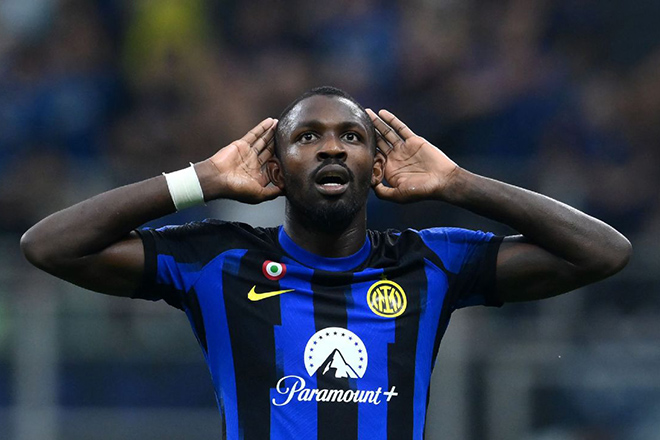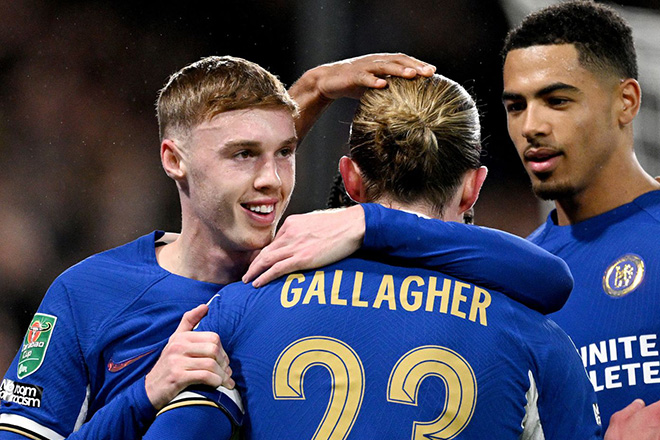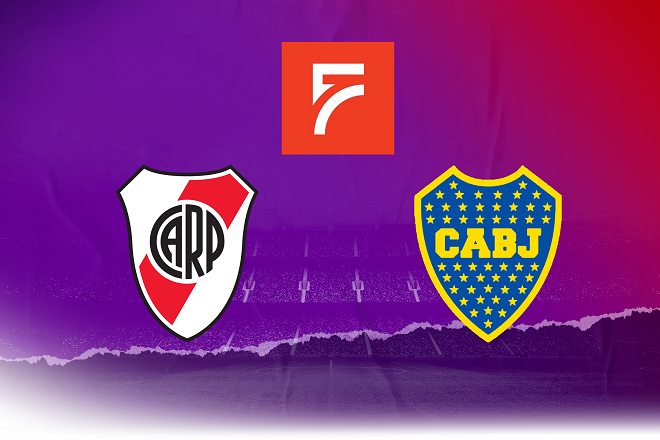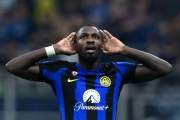The best team by far in the Euros so far definitely deserves a mention. Germany is the only team to have come to this point unscathed.
When one tells a story about the new and dynamic Germany, one usually refers to 2006. Considering that the story begins in 2006, we have all known for a while the kind of football the Germans play. It is time, really, to get rid of the clichés about German efficiency and ruthlessness. Forget about what Gary Linekar said- the Germans don’t always win as we know by now.
Stats speak of missed chances really when talking about Germany. They have come to this point in the tournament with essentially four different performances. More importantly, they have used seventeen different players through the course of the tournament with fifteen players having featured in starting line-ups. The number could be destined to increase against Italy.
Germany actually employs different tactics depending on their opponent. They can play on the counter-attack or by controlling possession. Their ability to control the games comes from the majority of the side playing for Bayern München, a club side putting more importance on controlling possession than even on scoring. Their ability to counter comes from having fast and young players built for this system.
In the group stages, in the first game, Germany really just won due to grit. A team such as Portugal with their exceptional resources didn’t dare attack the Germans until Mario Gomez had scored. The Germans held out, proving that they also have a stoic defence and not just a ferocious attack.
Against the Dutch, the Germans played on the counter-attack. They conceded possession in the first half but started controlling it at the beginning of the second half. The only blemish to that performance was the failure to prevent a good strike by Robin Van Persie.
Against the Danish, the ‘Bayern München’ side of their game came through- they controlled possession and patiently probed the opposition. However, that game also highlighted their weakness to defend crosses and corners as Manuel Neuer for the umpteenth time conceded a headed goal.
Joachim Loew completely changed the side for the quarter-finals. He went for a team that was going to break down a brick wall in the form of Greece. The Germans strode through the game. When Greece equalized, the Germans absolutely destroyed their defence, scoring three in roughly 15 minutes. However, another weakness came out in that game- namely the inability to defend perfectly executed counters.
The formation never changes for Joachim Loew’s side. They stick to a true 4-2-3-1. So finally, considering everything, there are really two sides to Germany: one is the care-free and ferocious side of the quarter-finals while the other is the cautious one of the group stages. Which one will Joachim Loew go for in the semi-finals?
When looking at Germany’s squad, one realizes there is no potential weakness. Fingers may be pointed at Jerome Boateng after the quarters but Boateng is generally a very good defender who had a bad day. His replacement would be Benedikt Howedes, captain of Schalke 04 or Lars Bender who scored the winner against the Danish.
Also, Bastian Schweinsteiger may be considered a liability after a below-par performance. Again, if Schweinsteiger is replaced, Toni Kroos will seamlessly slot in. Kroos lacks in confidence at crucial moments but he is an absolutely breath-taking player. He is elegant and his vision is second to no other.
Mesut Oezil’s fitness was under the microscope in 2010. Jose Mourinho has toughened him up at Real Madrid and Oezil looks fresh as over. The centre of defence is no longer a liability with the emergence in a national shirt of Dortmund’s Mats Hummels, another one in the side who came through Bayern’s youth academy.
And finally, we take a look at Joachim Loew. Loew has been nothing but brilliant in this tournament. Before this tournament, Loew was looked at as someone who couldn’t take risks, especially considering a decision that fans still talk about- starting Piotr Trochowski ahead of an in-form Toni Kroos in 2010 when Mueller was suspended against Spain in the semi-finals of the World Cup.
Just as this tournament got underway, he dropped Mertesacker and Miro Klose. In the third match against Denmark, he brought in Lars Bender for only his ninth cap. And finally in the quarter-finals, he took off Lukas Podolski, Mario Gomez and Thomas Mueller for Andre Schuerrle, Klose and Marco Reus.
The depth in Loew’s squad can be seen by the number of players he can call upon. Possibly for every country except Spain, Mario Goetze, Kroos and possibly Howedes would have been regular starters. Leaving Goetze on the bench is almost a crime; however Goetze just returned to action from injury late in the season and Loew has thus left him out.
And finally, we can look ahead to the clash against Italy. Germany has a terrible record against Italy, having never beaten them in major tournaments. However, the last meeting between these two sides was back in 2006 when Italy was progressed after a pretty even contest. Italy’s football philosophy has changed; they now play an attacking brand. Germany however is the bench-mark for attacking football (Spain is the bench-mark for winning football).
It will really come down to whether Gianluigi Buffon can come out the way he did in 2006. Or perhaps, Germany might even decide to counter-attack. Bastian Schweinsteiger might be benched while the chances of Lukas Podolski returning to the line-up don’t look great right now. Loew has taken many calculated risks this tournament and each and every one of them has paid off to perfection.
Germany, despite not having even drawn a match since a semi-final defeat to Spain in the World Cup in 2010, won’t necessary guarantee you wins. What they will guarantee you is ninety minutes of breath-taking and eye-catching football. At the end of the day, that’s why we watch football, right?
Stats speak of missed chances really when talking about Germany. They have come to this point in the tournament with essentially four different performances. More importantly, they have used seventeen different players through the course of the tournament with fifteen players having featured in starting line-ups. The number could be destined to increase against Italy.
Germany actually employs different tactics depending on their opponent. They can play on the counter-attack or by controlling possession. Their ability to control the games comes from the majority of the side playing for Bayern München, a club side putting more importance on controlling possession than even on scoring. Their ability to counter comes from having fast and young players built for this system.
In the group stages, in the first game, Germany really just won due to grit. A team such as Portugal with their exceptional resources didn’t dare attack the Germans until Mario Gomez had scored. The Germans held out, proving that they also have a stoic defence and not just a ferocious attack.
Against the Dutch, the Germans played on the counter-attack. They conceded possession in the first half but started controlling it at the beginning of the second half. The only blemish to that performance was the failure to prevent a good strike by Robin Van Persie.
Against the Danish, the ‘Bayern München’ side of their game came through- they controlled possession and patiently probed the opposition. However, that game also highlighted their weakness to defend crosses and corners as Manuel Neuer for the umpteenth time conceded a headed goal.
Joachim Loew completely changed the side for the quarter-finals. He went for a team that was going to break down a brick wall in the form of Greece. The Germans strode through the game. When Greece equalized, the Germans absolutely destroyed their defence, scoring three in roughly 15 minutes. However, another weakness came out in that game- namely the inability to defend perfectly executed counters.
The formation never changes for Joachim Loew’s side. They stick to a true 4-2-3-1. So finally, considering everything, there are really two sides to Germany: one is the care-free and ferocious side of the quarter-finals while the other is the cautious one of the group stages. Which one will Joachim Loew go for in the semi-finals?
When looking at Germany’s squad, one realizes there is no potential weakness. Fingers may be pointed at Jerome Boateng after the quarters but Boateng is generally a very good defender who had a bad day. His replacement would be Benedikt Howedes, captain of Schalke 04 or Lars Bender who scored the winner against the Danish.
Also, Bastian Schweinsteiger may be considered a liability after a below-par performance. Again, if Schweinsteiger is replaced, Toni Kroos will seamlessly slot in. Kroos lacks in confidence at crucial moments but he is an absolutely breath-taking player. He is elegant and his vision is second to no other.
Mesut Oezil’s fitness was under the microscope in 2010. Jose Mourinho has toughened him up at Real Madrid and Oezil looks fresh as over. The centre of defence is no longer a liability with the emergence in a national shirt of Dortmund’s Mats Hummels, another one in the side who came through Bayern’s youth academy.
And finally, we take a look at Joachim Loew. Loew has been nothing but brilliant in this tournament. Before this tournament, Loew was looked at as someone who couldn’t take risks, especially considering a decision that fans still talk about- starting Piotr Trochowski ahead of an in-form Toni Kroos in 2010 when Mueller was suspended against Spain in the semi-finals of the World Cup.
Just as this tournament got underway, he dropped Mertesacker and Miro Klose. In the third match against Denmark, he brought in Lars Bender for only his ninth cap. And finally in the quarter-finals, he took off Lukas Podolski, Mario Gomez and Thomas Mueller for Andre Schuerrle, Klose and Marco Reus.
The depth in Loew’s squad can be seen by the number of players he can call upon. Possibly for every country except Spain, Mario Goetze, Kroos and possibly Howedes would have been regular starters. Leaving Goetze on the bench is almost a crime; however Goetze just returned to action from injury late in the season and Loew has thus left him out.
And finally, we can look ahead to the clash against Italy. Germany has a terrible record against Italy, having never beaten them in major tournaments. However, the last meeting between these two sides was back in 2006 when Italy was progressed after a pretty even contest. Italy’s football philosophy has changed; they now play an attacking brand. Germany however is the bench-mark for attacking football (Spain is the bench-mark for winning football).
It will really come down to whether Gianluigi Buffon can come out the way he did in 2006. Or perhaps, Germany might even decide to counter-attack. Bastian Schweinsteiger might be benched while the chances of Lukas Podolski returning to the line-up don’t look great right now. Loew has taken many calculated risks this tournament and each and every one of them has paid off to perfection.
Germany, despite not having even drawn a match since a semi-final defeat to Spain in the World Cup in 2010, won’t necessary guarantee you wins. What they will guarantee you is ninety minutes of breath-taking and eye-catching football. At the end of the day, that’s why we watch football, right?




























